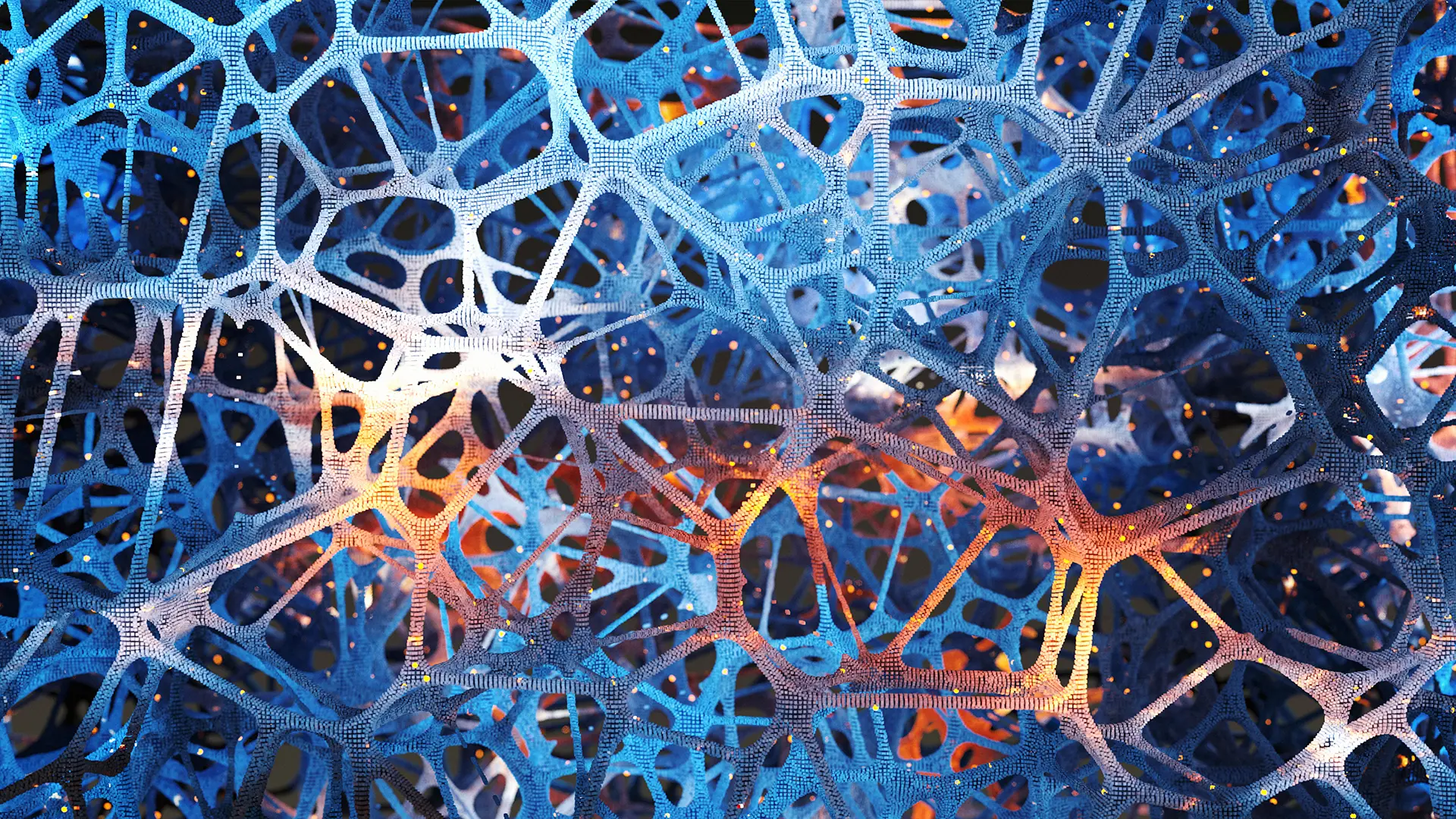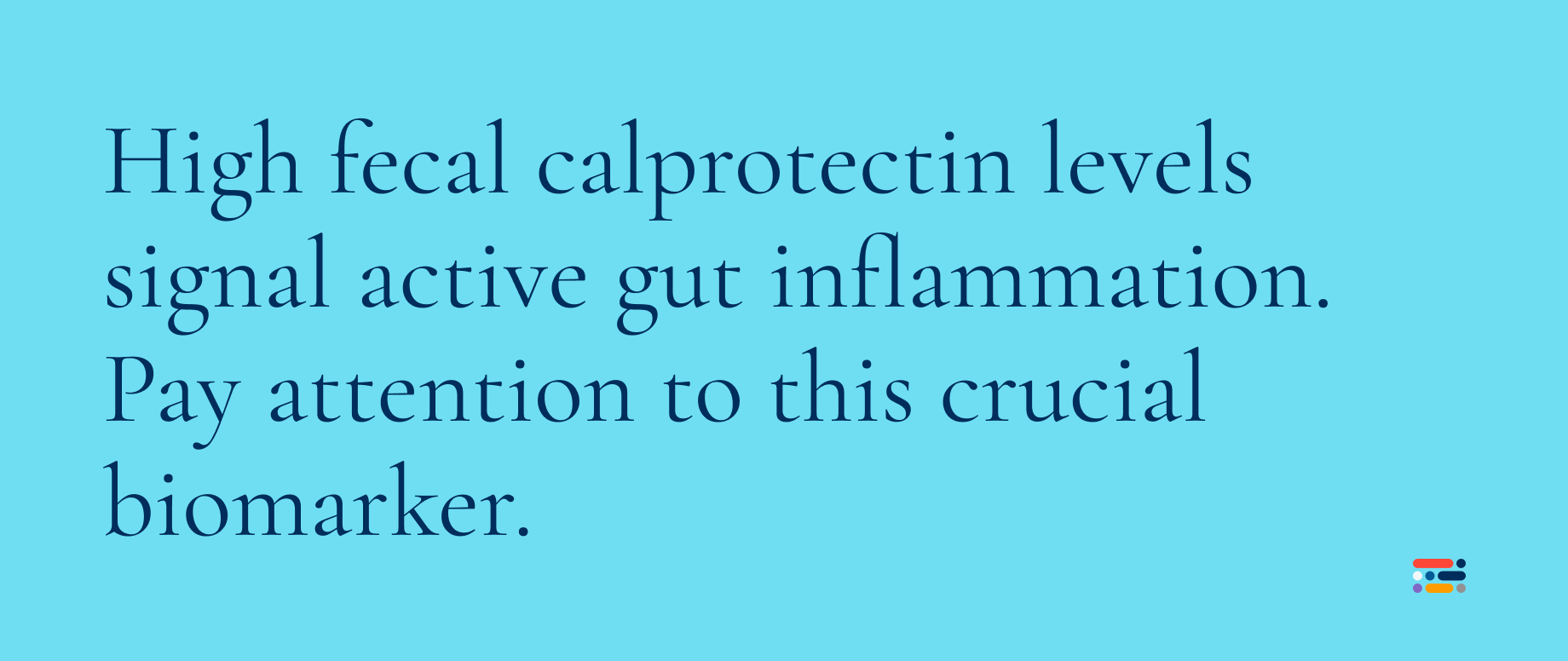We use cookies to enhance your browsing experience and analyze the performance of our website. By clicking Continue, you agree to the use of cookies. For more information, please see our Privacy Policy or update your Cookie Preferences.


On Genova's Gut Health Testing, we can see many different gut imbalances: the growth of harmful bacteria, yeasts, or parasites, abnormal bacterial patterns (dysbiosis), problems with maldigestion and malabsorption, or even clues about gut permeability (aka leaky gut). But, of all the biomarkers measured, one stands out as critical: fecal calprotectin. This unassuming measurement plays a crucial role in assessing and managing gut-related conditions. It signals active inflammation! In this blog, we will discuss what calprotectin is, how it's used clinically, and what it can mean for your gut health.
Calprotectin is a protein released by white blood cells during active inflammation in the gut. Diseases like inflammatory bowel disease (IBD), active infections, or chronic irritation to the lining of the gut can result in high calprotectin levels. We don't want to ignore this important signal telling us there's active inflammation happening!
In general, measuring fecal calprotectin is helpful to doctors in a few key scenarios:

**It should be noted that some IBS patients may have mild elevation of calprotectin - mainly those with diarrhea. If a person has IBS symptoms and an elevated calprotectin, referral to a GI specialist to rule out IBD is recommended7.
If you've done Genova's Gut Health Testing and your calprotectin is high, it's important to look at the causes outlined above to get to the root cause. Any inflammation needs to be addressed. Often low grade levels (50-100) are caused by a gut infection, NSAID use, or PPI use and it is important to work with your healthcare provider to address these issues. Repeating the test in 4-6 weeks is helpful to monitor the inflammation and ensure it is improving instead of getting worse.
If your level is greater than 100, that could mean something more serious. Your healthcare provider may be able to refer you to a gastroenterologist to rule out IBD, cancer/polyps, or any other cause of significant inflammation. As we all know, patients over 50 should have independent screening for colon cancer per the recommendation of many professional organizations. Although having a normal calprotectin on Genova's Gut Health Testing is a great thing, no single biomarker on the report is intended to rule out or diagnose cancer.
Fecal calprotectin is a valuable biomarker for looking at gut inflammation. It's a non-invasive and cost-effective way to take control of your GI health. It can also help to prevent needless referrals and colonoscopies in many people, though always work with your healthcare provider to guide your health.
Our podcast, The Lab Report, is an excellent resource to dig deeper. Checkout the episode "GI Inflammation... What Now?" to learn more about gut inflammation and strategies to lower it.
This article is meant for educational purposes only and is not meant to be misconstrued as medical diagnosis or treatment advice.